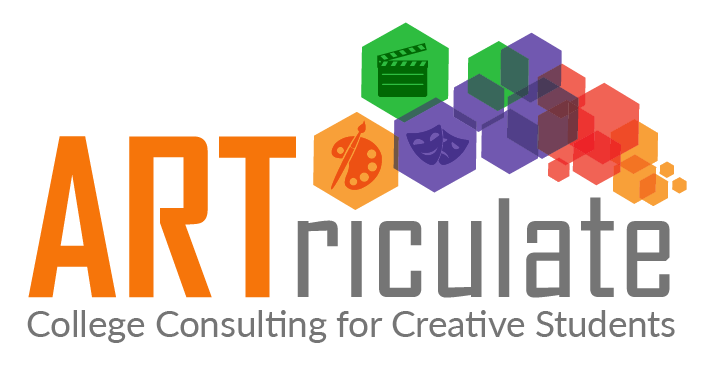Best way to present your extracurricular activities
Extracurricular activities are a key component of your applications. They allow admissions officers a quick, view of your achievements, and the breadth and depth of your activities outside the classroom. You are allowed to list ten activities (on the coalition application you are allowed to list seven activities), if you have too many, prioritize by those in which you demonstrate the longest/most consistent commitment and/or those in which you have attained a leadership position. You can always submit a resume if your list of achievements warrants it.
The Extracurricular Activities section has three required fields:
Topic Title: Be descriptive and if appropriate, lead with the role then the organization, for example “First Violin, Youth Orchestra”. There is a 150 character limit in this field.
Declared Time Commitment: Don’t overstate it, be honest, admissions officers know what is reasonable and what is embellished.
Description: This field has a 150 word limit, but you do not need to use all 150 words, be concise and descriptive, admissions officers have thousands of these to read. Wordy descriptions will not win you points. But just listing your activities and achievements isn’t enough. How you describe them is important too, a few pointers:
List your most impressive achievements first. In general we advise listing your activities from most selective to least selective/distinctive.
National or key leadership positions: Lead roles in plays, awards from art exhibits, presentations, or performances or any activities where you had a leadership role at a national level.
Local or school leadership roles: Leadership roles at a school or local level, such as Class President.
Distinctions: Roles of distinction such as Treasurer of the Film Club, first place at a science fair, Gold Key at Scholastic.
Involvement: Lastly list volunteer and participatory activities which continue to tell the admissions officers who you are outside your academic coursework.
Quantify when possible. If you won first prize at a city-wide art fair for students grades 9 – 12 where there were 100 artists, say so. If your film was selected to show at a film festival open to professionals and students, say so.
Use impactful language.
Explain what you accomplished. Be specific, you can brag a little.
Not so good: “I ran the production of Hamlet for my High School”
Better: “I was selected by my peers to produce Hamlet which involved motivating and organizing 25 students in all aspects of the production.”
Not so good: “I organized an art show at my local children’s hospital”
Better: “I organized an art show at Suburban Children’s Hospital that exhibited the works of 50 student artists and raised $1,500 to buy presents for the patients.”
Yes, you can list activities that are personal. If you cared for a sick relative or younger sibling on regular basis, list it. In your description tell the impact it had on you.
For example: I cared for my elderly grandmother two afternoons weekly when she moved into our house in 9th grade. While cooking dinner together on those nights she taught me about my heritage and my relatives’ immigration history. I learned that a great uncle was a famed Brazilian drummer which led to my interest in native music.
Remember, honesty in the time spent and the accolades received are important. Spend the time to write and edit your descriptions. Time in this section is well spent, don’t leave it to the last minute!
